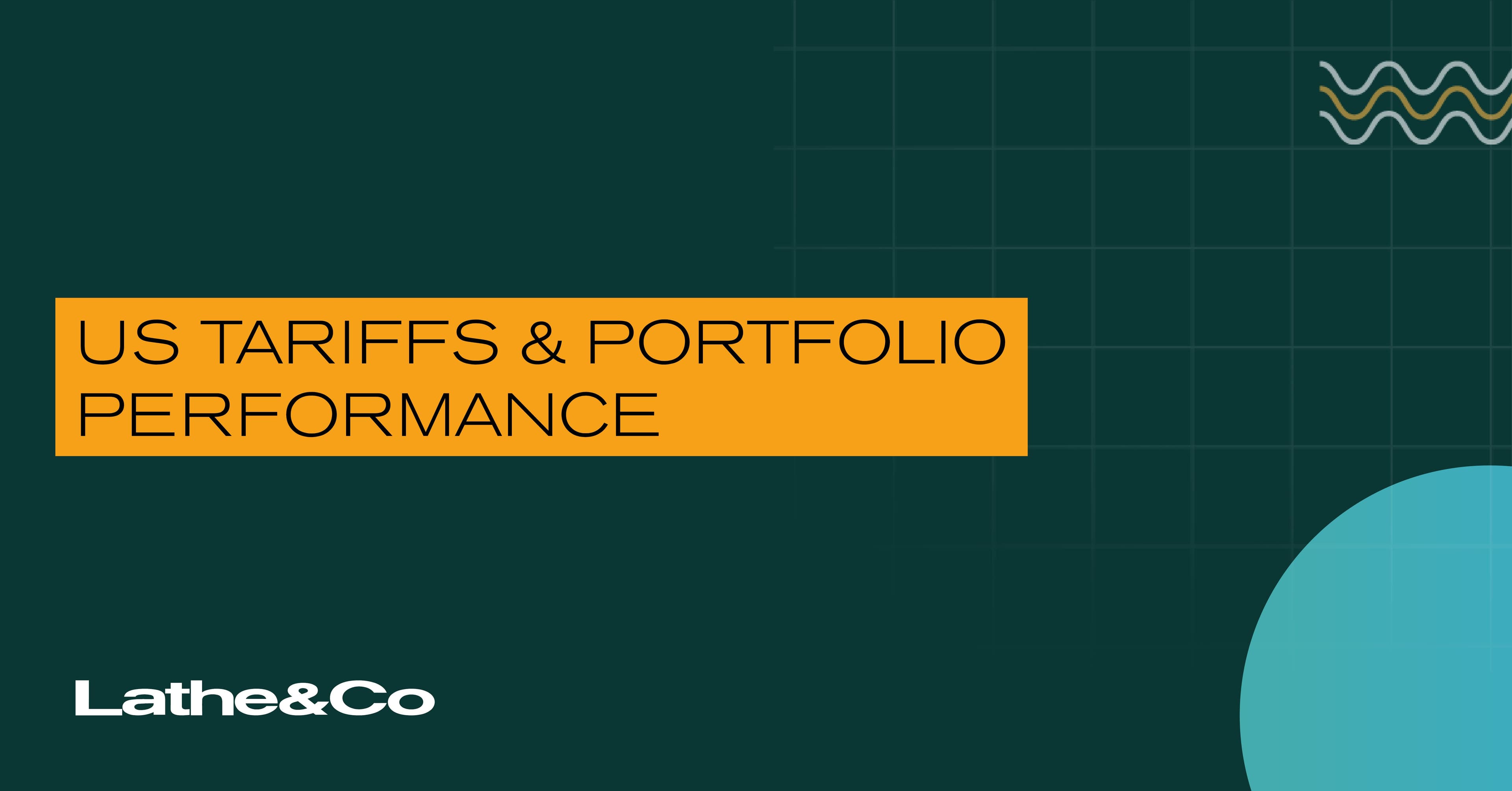
Q3 2023 Market Commentary
19/10/2023
Global Markets
Note: All quoted equity performance figures are in GBP terms.
Following a strong first half of the year, global equity markets struggled in Q3, as a backdrop of high inflation and interest rates remaining higher for longer weighed on performance. The weakening of sterling benefitted unhedged UK investors as the currency depreciation dampened losses, with the MSCI ACWI index rising 0.6% (-3.4% in USD).
Developed Markets (DM) also gained 0.6% in Q3, with the S&P 500 adding 0.8%. After a strong start to the quarter, investor enthusiasm waned in August and September as investors came to terms with a prolonged period of elevated interest rates. Energy stocks were resilient, whilst most of the “Magnificent Seven” companies that have driven much of this year’s gains struggled. Japanese equities continued their strong performance this year, finishing the quarter up 2.5%.
The UK was one of the strongest performing markets, with the FTSE 100 climbing 2.2% as rising oil prices benefitted Energy companies in the index. Many UK companies particularly benefitted from sterling weakening against the US dollar, meaning earnings derived from overseas were translated back into sterling at higher levels.
Emerging Markets (EM) outperformed DM over the quarter, finishing up 1.1% with strong performance coming from India, Egypt, and Turkey. Within China, a weaker than anticipated economic recovery and more struggles in the country’s property sector caused a drag to performance. Onshore listed companies in the A-Shares index were down 0.7%. However, companies listed abroad fared better as the MSCI China All-Shares index, which also includes Chinese companies listed on foreign exchanges, finished up by 1.2%.
Equity Styles
From a style perspective, Enhanced Value was the strongest performing factor, finishing the quarter up 3.3%. This index benefitted from having large allocations to the UK and Japan, two of the strongest performing regions. Japan is the second largest allocation and makes up over a quarter of the index, and Value stocks in the region had a particularly strong quarter. Momentum and Quality stocks also had a positive quarter, with the two indices finishing up 1.4% and 1.3% respectively.
Inflation
Inflation remains the hot topic in markets, and Q3 saw it continue to fall in the UK. August’s CPI print showed 6.3% year-on-year, lower than economists’ expectations despite oil prices increasing. This was a fall from the 6.4% increase in July, and it meant the BoE could pause interest rate hikes in September for the first time in almost two years.
The Federal Reserve followed the same pattern, increasing rates by 25bps in July and holding them steady in September, despite August’s CPI print coming in higher than expected at 3.7% for the year. September’s figure also came in above expectations, remaining at 3.7%. Eurozone inflation also continues to fall, with September’s reading of 4.3% below both economists’ expectations and August’s 5.2% figure. September's reading followed the ECB’s decision to raise interest rates to a record high of 4% last month.
Fixed Income
Note: All quoted fixed income performance figures are in GBP-hedged terms.
It was a tough quarter for fixed income as well, as interest rates rising continues to have an impact on bond prices.
For government bonds, rising interest rates have negatively impacted performance over the past few months, as investors now anticipate a period of elevated interest rates for longer. Yields on US and German government bonds increased over Q3, meaning prices fell. The UK was an outlier here, with the yield on the 10-year gilt remaining largely unchanged at just below 4.5%, following signs of inflation slowing in the country.
It was a mixed quarter for Corporate bonds, with Investment Grade (IG) bonds down 1.6%, whilst High Yield (HY) finished up 0.8%, as IG tends to be more heavily impacted by government bond yields.
Recent in markets


